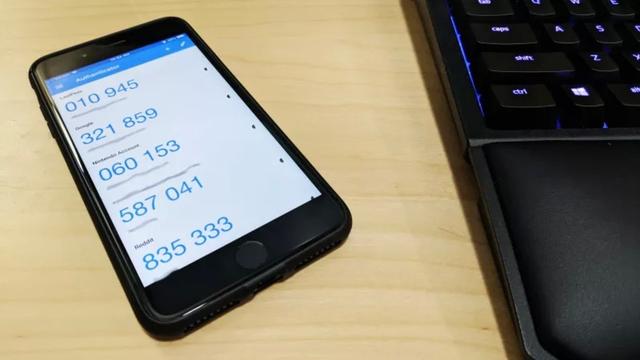In Japan, "I do not know how to use" is the most 50.3 % ... Reasons for the elderly who do not use information equipment (Fuwakura
"I don't feel the need" is the best
Not a few elderly people use information equipment such as faxes, personal computers, or mobile phones.Why are they not using them?The Cabinet Office will be confirmed from the latest version of the Cabinet Office's "International Comparative Survey on Life and Awareness of Elderly People" ( *) announced by the Cabinet Office in June 2021.
In the current survey, the population is not using information equipment (including faxes, personal computers, mobile phones, or the use of the Internet using it).
The next graph asks those who answered "I don't use information equipment" in that item with multiple answers.The most common agreement in many countries was "I don't feel the need."In Germany, 70 %, 50 % in the United States, nearly 50 % in Japan, and over 30 % in Sweden.However, in Japan, "I do not know how to use" is slightly higher than "I do not feel the need", 50..3 %.Japan seems to be more motivated compared to other countries, but is frustrated (not wanting to use it, but does not want to use it) without knowing how to operate it.
Other than Japan and Sweden, the second highest value after "I do not feel the need" is "I do not know how to use it."It is impressive that the United States remains lower than other countries.Is there a fulfilling opportunity to learn?
Regarding the spread of information equipment for the elderly, there are less than 20 % of Japan and the United States in the United States, and less than 10 % in Germany.There are people who are expensive, but only a small opinion.Similarly, around 10 % of the "letters are difficult to see", which is said to be a major reason in connection with the physical problems of the elderly.
As a matter of fact, the cause of the "separation of information equipment for the elderly" is "I want to use it, I am interested, but I do not know how to use it," "I do not feel necessary in my life. I use something that is unnecessary.There is no reason.
The actual situation of Japan by attribute
Next, only in Japan, confirm trends by attribute.First of all, gender.
In fact, there is no big difference in the ranks of men and women.Both men and women are "I don't feel the need" and "I don't know how to use" is the top two.However, men do not know how to use them, and women do not feel the need.Men have will, but they can't keep up with their skills, but women have no intentions in the first place.
The next one comes in men, "it costs money", "no guide to use", "It's hard to see letters", and women are "expensive", "hard to see characters", "There is no instructions to use".In this part, it can be said that men are more aggressive than women.
Next is the age hierarchy.
It is difficult to find trends with "I do not feel the need" and "I do not know how to use", but "I do not know the place and method of purchasing" and "it costs money", the smaller the age, the smaller the value, and the "letters are difficult to see."The value increases as the age is up.Of the current elderly people who do not use information equipment, "I do not know where to purchase and method" and "cost money" are not the procurement of equipment, and "it is difficult to see characters" is my physical physical.Considering that it is a matter of ability, it is a convincing movement.
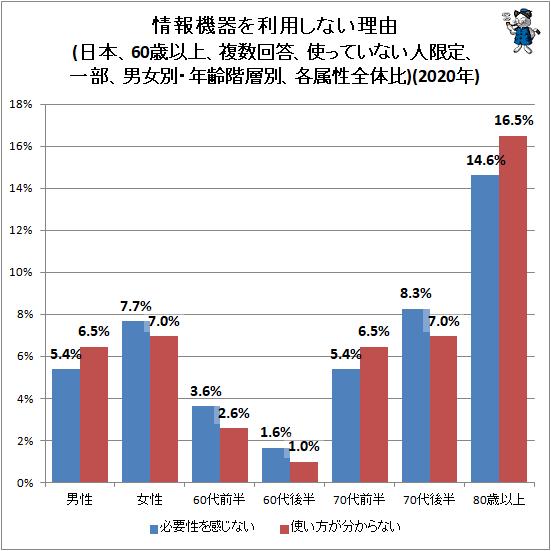
One thing to keep in mind is that it is now limited to "people who do not use information equipment", as in the first graph.Since information equipment non -users tend to increase ratio as they grow older, young people are shifting to "people who feel the need are spontaneously used".Probability is high.
"I don't feel the necessity" is satisfied in my current daily life, and I don't feel the need to try to do something new and invest in costs, or for my life.If you know the existence and know the existence, you should be more likely to use, but is it just not knowing its existence and convenience?Or is it a little aware of convenience, but is it unnecessary considering the cost -effectiveness?I don't know any of them, but in the social situation, the spread of information equipment to the elderly must be a result of thinking.
■ Related article:
[Exit the Internet usage rate by age group (published in 2019)]
[Seniors using smartphones, exploring the actual situation of everyday use]
* International comparative surveys on the life and consciousness of the elderly
According to a survey that is conducted every five years, the latest amounts are men and women over 60 years old in Japan, the United States, Germany, and Sweden from December 2020 to January 2021 (excluding facilities such as nursing homes).On the other hand, it was conducted by investigators, mailing methods, mailing methods, telephone surveys, visiting requests, and telephone hearing methods, and the number of valid responses was over 1,000 in each country.Weight back is performed based on gender, age group, region, urban size, etc., respectively.Past surveys are conducted in almost the same style.
(Note) The graphs and charts in the text are created by the author based on quotes or materials described as long as there are no special notes.
(Note) The photos in the text are based on the documents described in the text, and are taken by the author based on the materials described in the text, or taken by the author.
(Note) Articles The numbers used in the title, text, graphs, etc. may be described after exclusive decimal girders, so that they are the optimal display on the spot.Therefore, the total value of the displayed numbers may not match completely.
(Note) If the value of the graph is adjusted to make it easier to see the movement of the graph, the value of the graph axis is not zero, the value may be enclosed in a circle to catch the attention.。
(Note) In the graph, the notation of items (such as sending kana) may be abbreviated or changed to adjust the appearance.In addition, "~" may be described as "-".
(Note) "PPT" in the graph means a % point.
(Note) "(Large) Earthquake" means the Great East Japan Earthquake unless there are special or detailed notation.
(Note) This article is partially added and changed to the article published in [Gerbage News].


![10th generation Core i5 equipped 9.5h drive mobile notebook is on sale at 50,000 yen level [Cool by Evo Book] 10th generation Core i5 equipped 9.5h drive mobile notebook is on sale at 50,000 yen level [Cool by Evo Book]](https://website-google-hk.oss-cn-hongkong.aliyuncs.com/drawing/article_results_9/2022/3/9/4a18d0792cae58836b71b9f591325261_0.jpeg)


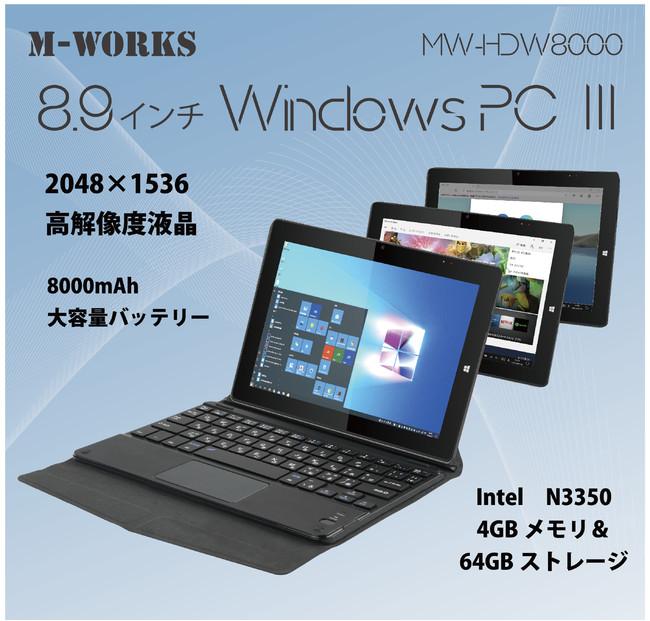
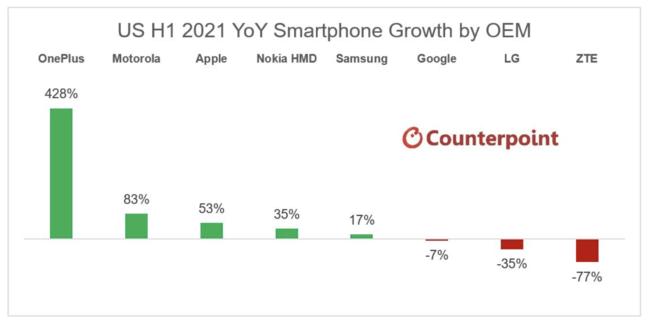
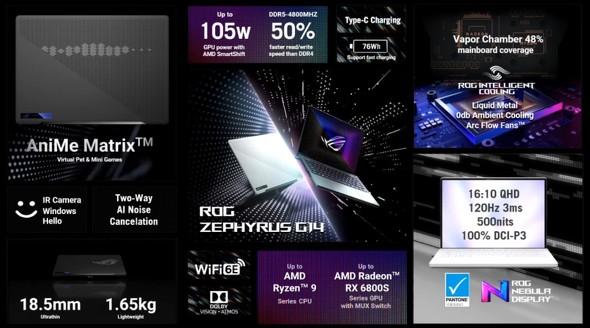
![[Amazon time sale in progress! ] 64GB microSD card of 1,266 yen and wireless earphone with noise canceling function of 52% off, etc. [Amazon time sale in progress! ] 64GB microSD card of 1,266 yen and wireless earphone with noise canceling function of 52% off, etc.](https://website-google-hk.oss-cn-hongkong.aliyuncs.com/drawing/article_results_9/2022/3/9/c88341f90bab7fe3ce1dc78d8bd6b02d_0.jpeg)
